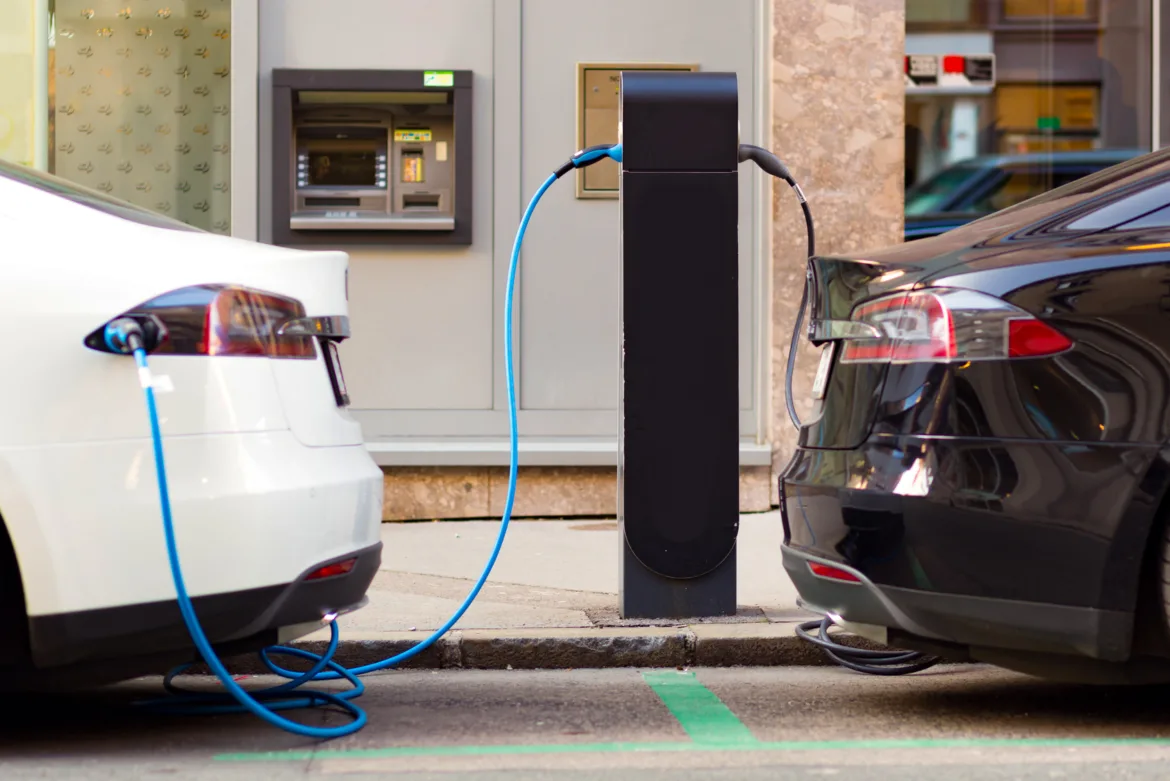Electric Vehicles and the Auto Industry

How did EVs shape the auto industry in 2019?
The auto industry has seen some major changes over the course of 2019. From Tesla’s announcement of the Cybertruck to the fact that Ford is ceasing the production of passenger vehicles, the rise of electric vehicles is shaping the future of the auto industry.
According to Iea.org, “global stock of electric passenger cars pass[ed] 5 million in 2018, an increase of 63% from the previous year.” In 2018 alone, the global EV fleet rose to over 5.1 million, up two million from the previous year. Those numbers are only continuing to grow. According to Eei.org, EV sales worldwide hit 1.1 million in the first half of 2019, a 46% increase over the first half of 2018.
More countries are offering incentives for new EV ownership, including China, who is the world’s largest EV market. Many European countries, as well as the United States, continue to offer buyer incentives for the purchase of new EVs, shaping new car purchases and driving EV sales even further.
A major new trend in the auto industry are the changes being made by some of the world’s leading automakers. Let’s look at Ford, for example. The announcement of the Mustang Mach E is huge news: it’ll be Ford’s first long range EV that’s based upon an all-time classic, the Mach 1 version of the first-gen Mustang. Another notable change is the fact that it’s a Crossover – Ford is covering two aspects of the market in one vehicle. This development also coincides with the automaker’s announcement to step away from passenger vehicles.
According to Ford, “more than 80% of US customers are reserving Mach-E with an Extended Range Battery,” which explains an aspect of the growth of EVs overall. A huge component of consumer aversion to electric vehicles stems from range anxiety, and as technology continues to progress, greater range on EV batteries alleviates one of the biggest factors that’s been causing hesitation among both consumers and manufacturers alike. And directly proportionate to that: as battery technology advances, more and more automakers are moving into EV production due to alleviated consumer fears.
According to Motor1.com, the longest range available out of an EV in 2018 was 337 miles. The closest vehicle that wasn’t a Tesla was the Chevy Bolt EV Hatchback, which had an estimated range of 238 miles. That, however, came with a full charge time of 9.3 hours when plugged into a 240V charger. The 2020 model’s range has increased to 259 miles, an increase of about 10% over the previous version. While the time it takes to charge the Bolt EV hasn’t decreased much, the increased range coupled with the increased presence of charging stations in metropolitan areas continues to alleviate the range anxiety we talked about earlier. And as time goes on, both range and charger availability will continue to grow, further alleviating those concerns. On that note: Tesla has set the pace for EV range over the years. The 2020 Roadster, Tesla claims, will have a range of over 600 miles. That’s more than 3 times the top non-Tesla contender in 2019.
So as consumer fears are alleviated, manufacturers begin their shift towards increasing demand for electric vehicles.
Innovation often carries a price tag of its own, though. In particular, automakers are planning on shifting production at existing factories to EV production, which signals the end of lots of jobs. Ford alone plans on eliminating 17,000 jobs and announced the impending closure of six plants. Audi announced 20,000 jobs cut at the end of 2019. This isn’t limited to the United States alone, however: Bloomberg News reports that more than 80,000 jobs are to be cut globally over the course of a few years concentrated mostly in Germany, the United States, and the United Kingdom. Nissan is suffering, despite entering EV development earlier than many other automakers. They that they’re going to cut 12,500 jobs in the next few years.
So, in the face of a growing climate crisis and the impending end of finite resources – electrification of passenger vehicles seems like a remarkably good thing. That being said, the ramifications of major industry shifts are visible worldwide – down to an individual level – in widespread job losses.
Tell us what you think. Will jobs available in the auto industry ramp back up as automakers increase EV production, or will automation and new industry methods continue to push workers out?
If you’re still in favor of electric vehicles, we’ve got lots of ‘em. Maybe you’ll find your next car today.
- The Advantages of Salvage Car Parts - November 3, 2025
- Buying Salvage Cars: What to Expect on Auction Day - May 22, 2025
- Is Buying a Hail Damage Car Worth It? A Detailed Guide - December 2, 2024